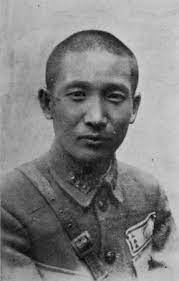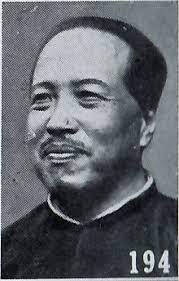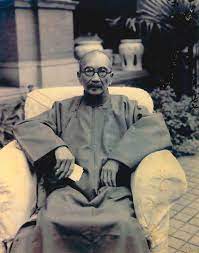Chang Fa-k'uei 張發奎 T. Hsiang-hua 向華 Chang Fa-k'uei (1896-), a leading Cantonese military officer, commanded the 12th (Ironside) Division, later and better known as the Fourth Army. Although a sometime supporter of Wang Ching-wei who participated in several anti- Chiang Kai-shek movements, he was given important commands during the Sino-Japanese war. A native of Shihhsing […]










